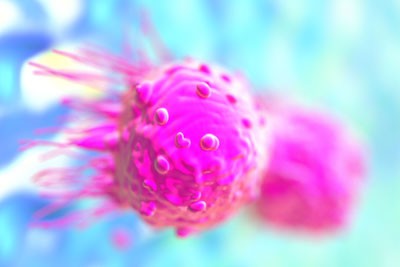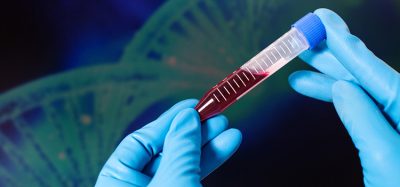Taconic Biosciences and Cellaria Biosciences agree to scientific collaboration to facilitate xenograft use in oncology research
Posted: 26 March 2015 | Victoria White
Taconic and Cellaria have entered into a scientific collaboration to facilitate use of patient-derived xenografts in animal models for oncology research…


Taconic Biosciences and Cellaria Biosciences have announced that they have entered into a scientific collaboration designed to facilitate and improve the utility of patient-derived xenografts (PDXs) in animal models for oncology and immuno-oncology research.
Cellaria’s novel methodologies for generating cells from patient tumours will complement Taconic’s industry-leading portfolio of tissue humanized mouse models, which are well-suited as hosts for PDXs.
The value of using patient-derived tumours in oncology and immuno-oncology research has been well documented, but traditional methods of obtaining tumour cell material have proven labour-intensive and expensive, inhibiting researchers’ access to this material. Cellaria’s innovative approach to propagating tumour cell material and generating PDX banks significantly reduces the associated labour and costs, making patient-derived tumour models more accessible to investigators.
Automation now plays a central role in discovery. From self-driving laboratories to real-time bioprocessing
This report explores how data-driven systems improve reproducibility, speed decisions and make scale achievable across research and development.
Inside the report:
- Advance discovery through miniaturised, high-throughput and animal-free systems
- Integrate AI, robotics and analytics to speed decision-making
- Streamline cell therapy and bioprocess QC for scale and compliance
- And more!
This report unlocks perspectives that show how automation is changing the scale and quality of discovery. The result is faster insight, stronger data and better science – access your free copy today
“Our scientific collaboration with Cellaria is a prime example of Taconic continually pushing the boundaries of technology to improve the utility of humanized animal models in biomedical research,” said Todd Little, president of Corporate Development, Taconic Biosciences. “By collaborating with a company that has achieved great success in generating cell lines from patient-derived tumours, Taconic will be able to deliver more predictive tissue humanized models that will improve and accelerate oncology research and drug discovery.”
Taconic and Cellaria collaboration will initially focus on the creation of breast cancer cell lines from PDX models
Cellaria’s advanced technology facilitates the creation of PDX banks in a more controlled manner, supports more effective tumour engraftments on study animals, and enables harvesting sufficient tumour material for use in long-term and repeat studies. The companies’ initial collaborations will focus on the creation of breast cancer cell lines from PDX models for which Taconic holds licenses from the University of Utah.
“Taconic and Cellaria have a shared goal to create relevant tools for cancer,” said David Deems, chief executive officer, Cellaria. The new models created through this collaboration have enormous potential to better define target patient populations and evaluate the efficacy of new therapies.”
For more information about Taconic Biosciences, please visit www.taconic.com. For more information on Cellaria Biosciences, please visit www.cellariabio.com.
Related topics
Drug Discovery, Oncology
Related conditions
Breast cancer
Related organisations
Cancer Research








